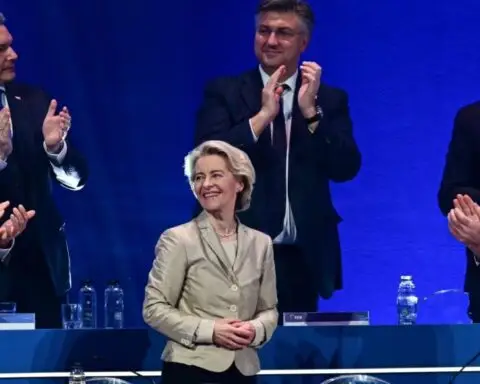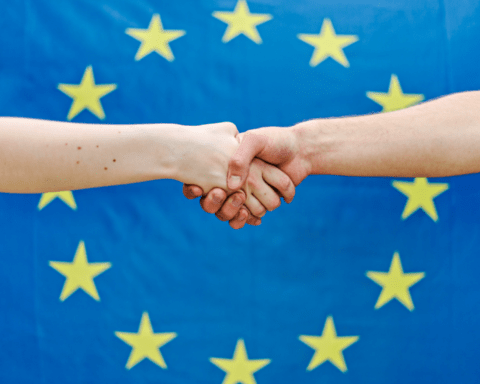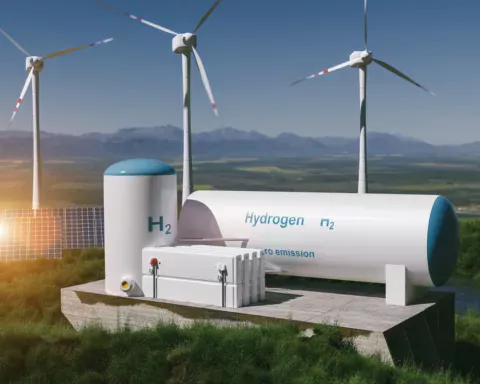Imagine the damage that trillions of plastic bottles could inflict on our environment if not recycled or disposed of correctly.
It was precisely this problem that BariQ in Egypt entered the recycling market to help alleviate. The company is the first recycled Polyethylene terephthalate (PET) bottle-to-bottle manufacturer in the southern and eastern Mediterranean region.
BariQ ventured into this untapped market in the country back in 2011, establishing a business model that embraces sustainability and profitability while tackling the issue of excessive waste.
Ahmed Al Mizayen, Senior Manager – Commercial & Sustainability at BariQ, says: “We started our recycling company after seeing the urgency of this project as Egypt faces issues with solid waste management and leakages of plastic waste into the Mediterranean. We recycle 1.6 million bottles per year and saw a real need to create this project, one with a positive economic and environmental impact yet one that will also create profit.”
To improve the performance of an existing production process, BariQ applied for a loan from the EBRD’s Green Economy Financing Facility (GEFF), through QNB Alahli Bank in Egypt, allowing the company to purchase two very efficient wet granulators – machines that shred bottles into flakes to be re-processed into another material or into new bottles.
The new machines helped the company create products that are better in quality and more cost-efficient. This improved productivity while reducing energy consumption by more than 50 per cent. BariQ’s investment also served to improve the company’s optical sorting processes to increase the quality of the final product.
As part of the project, the company received a financial incentive provided by the European Union, enabling BariQ to reduce its investment costs.
The company also benefited from technical assistance from local experts to understand the energy and environmental impact of the new equipment.
BariQ’s “bottle-to-bottle” method processes used plastic bottles that would otherwise end up in landfill, the sea or burned. These bottles also provide top-quality food-grade pellets to major international bottle and food container makers and recycled-material fibre producers. The pellets produced are approved by international regulators including the US Food and Drug Administration (FDA), the European Food Safety Authority (EFSA) and Health Canada.
BariQ has invested around US$ 750,000 in this project, which helped it save almost US$ 1 million and 1,100 MWh of electricity per year. What is more, it managed to reduce CO2 emissions by 192 tonnes (the equivalent to emissions from 40 vehicles driven for one year) and increase its productivity by more than 20 per cent. This helped the company achieve an edge over its competitors and managed to access new markets.
The company employs over 150 staff and exports 94 per cent of its raw material products to the United States, Canada, the European market, Turkey and Saudi Arabia.
However, during the past year the company had to adapt to the constraints of the coronavirus pandemic and lost access to one of its main export markets – Europe – due to the lockdown.
Staff at BariQ also had to work on a shift basis to adhere to social distancing measures, especially when virus cases surged in Egypt.
“The pandemic changed us,” explains Mr Mizayen, “but in a positive way, as we were quick to adapt and found ways to continue working remotely when possible and by exchanging shifts with less staff.”
He adds that the current generation of Egyptians is more aware than before about the importance of recycling. It’s an attitude that motivates him and that he has witnessed through numerous awareness-raising events that BariQ holds in schools, universities and the local community. He has seen how the public accepts the idea of recycling and is happy to integrate it into their everyday lives.
BariQ hopes to collaborate with GEFF and the EBRD in the future in order to double its working capacity and add a second production line to guarantee additional energy savings.
In Egypt, GEFF has supported over 40 businesses in around 80 projects across sectors as varied as textiles, ceramics, printing, agribusiness and packaging.





